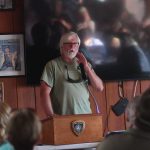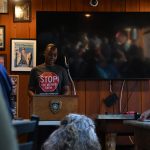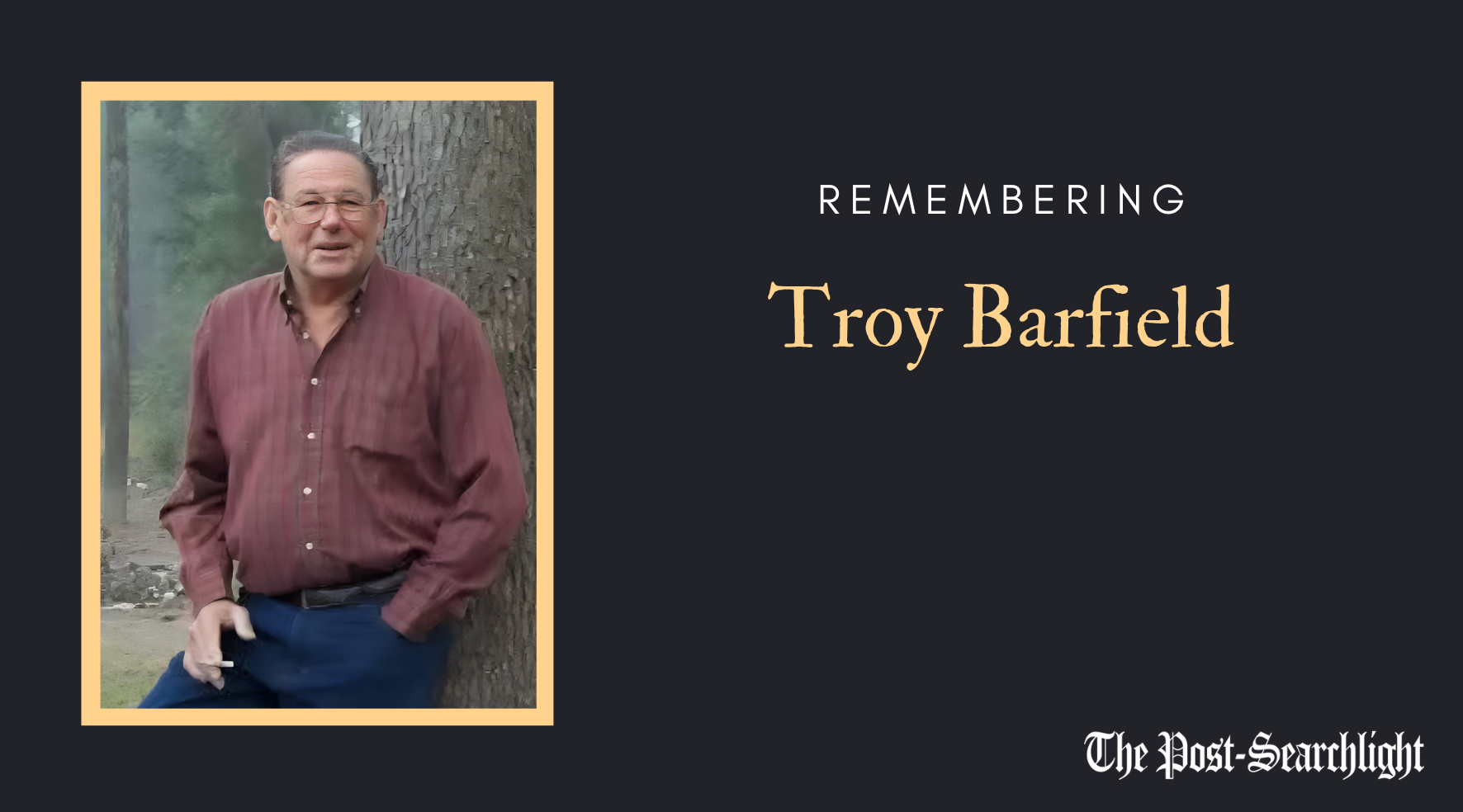Flint River Keepers address citizens on primate facility at town hall
Published 9:20 am Wednesday, May 29, 2024



|
Getting your Trinity Audio player ready...
|
Members of the Bainbridge community gathered at the At Ease Campground on Thursday evening for a town hall meeting about the Safer Human Medicine primate facility and its ongoing dispute. Dr. Lisa Jones-Engel, PETA’s Senior Science Advisor on Primate Experimentation, was unable to attend the meeting, but left an audio-visual presentation for attendees, reiterating her points on Safer Human Medicine’s facility and the alleged risks to health.
After this presentation, Gordon Rogers of the Flint River Keepers spoke. Rogers commended PETA for their efforts in assisting residents in fighting the facility, despite their differences in ideology.
“I never thought I would be partnering with PETA, on anything,” he said. “I’m just not that kind of person. In fact, having had a partial career with DNR, and being a fisherman and hunter, I didn’t think that kind of thing was ever in the cards. But my hat is off to these people… It was remarkable for me to see a row crop farmer in Bainbridge, Georgia, reading off of a PETA fact sheet.”
Rogers went on to discuss where the Flint River Keepers would be involved in the dispute.
“Mainly, it will be with environmental permitting, and appeals of those permits, if they don’t have the correct protections, and typically they don’t,” Rogers said. “They’re typically a negotiated product, where the developer gets most of what they want, and the citizens get a little of what they want, and there’s almost always deficiencies in the document. So they’re usually ripe for appeal.”
Rogers went on to go into detail about the permitting process, saying, “I can tell you from experience, and from association with a lot of other professionals that do what I do, when you get to the environmental permitting stage, you’ve probably lost, because the permitting programs are set up to give the permit.” He continued, explaining, “So even if you appeal, and you win the appeal, then that gives instructions to Georgia EPD of how to modify the permit, to go back, and make it better. So you’ve got a better permit… but they still get a permit. It’s just a better one… so you don’t get the result that I know y’all are after, which is not having the facility there in the first place.”
Rogers took questions from the audience. After this, Steve Sykes addressed the crowd. He spoke about the importance of attending local government meetings, before discussing the zoning issues he has raised on behalf of his family, who lives next door to the facility.
Local Tori Green gave a brief speech about government accountability, followed by David Sandlin, who addressed accusations that elected officials were allegedly making against PETA.
“We had some saber-rattling about some elected officials going and telling our farmers, ‘Hey man, you know PETA’s in town, and when they get through with this monkey farm, they’re coming after you!’ PETA’s a giant corporation, millions and millions of dollars, there’s no farmer in this community that could stand up to them if they took a notion to do it,” Sandlin said. He then delivered a written response from Dr. Jones-Engel, who stated that PETA was only interested in the primate facility.
After Sandlin, Yvena Merritt read a letter from a resident of Brazoria County, Texas, who was neighboring the proposed Kandurt LLC primate facility, followed by investor Elise Boyd, who spoke about the potential economic impact of the facility.
Lastly, Crosby Steen presented the residents with a timeline of events, from the proposal of the project, through the development and public controversy, to the present.








